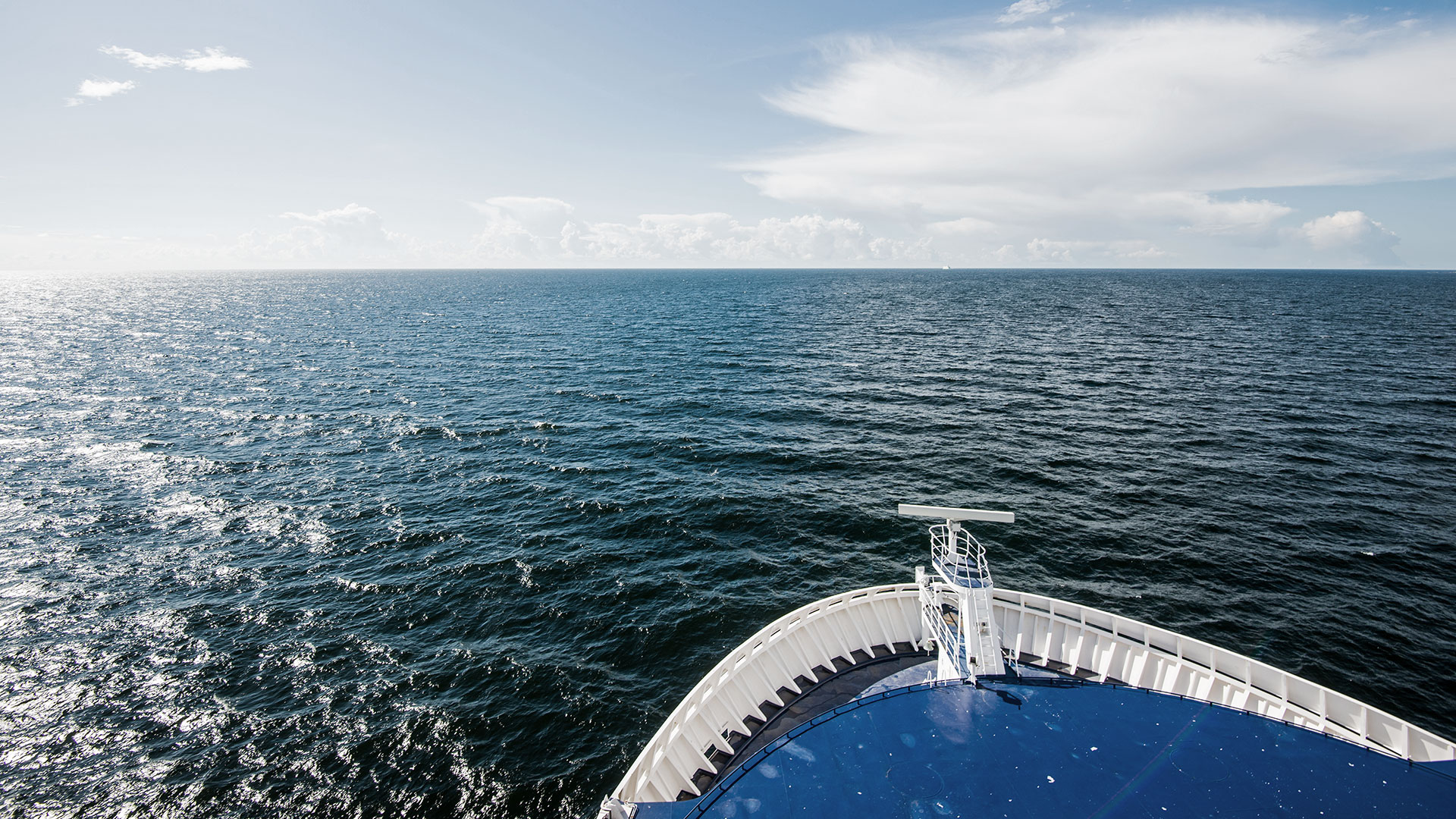State aid rules have long restricted the state aid granted by Member States for businesses, but until now it has not been possible to address distortions of competition caused by foreign subsidies from third countries. A new EU Regulation aims to remedy the situation by striving to ensure a level playing field for undertakings throughout the internal market.
New notification obligations for concentrations and public procurements



Anu Aaltonen & Jenna Puschmann
Related services

The Regulation of the European Parliament and of the Council on foreign subsidies distorting the internal market (the ‘Foreign Subsidies Regulation’ or the ‘FSR’) entered into force on 12 January 2023, and for the most part it has been applied as of 12 July 2023. The FSR introduces three new tools: an obligation of prior notification concerning concentrations (i.e. mergers and acquisitions), an obligation of prior notification concerning public procurements, and a general investigation tool that allows the Commission to start investigations on its own initiative. The notification obligations have applied as of 12 October 2023, and in this blog we will take a closer look at what they mean for undertakings.
What do the notification obligations mean in practice?
Under the FSR, undertakings must notify to the Commission all concentrations involving financial contributions granted by non-EU governments. This obligation applies when both of the following conditions are met:
• The acquired company, one of the merging parties or the joint venture generates an EU turnover of at least EUR 500 million.
• The following undertakings were granted financial contributions of more than EUR 50 million from third countries in the preceding three years:
– in the case of an acquisition, the acquirer or acquirers and the acquired undertaking;
– in the case of a merger, the merging undertakings;
– in the case of a joint venture, the undertakings creating a joint venture and the joint venture.
In public procurements, the notification obligation applies when both of the following conditions are met:
• The estimated contract value is at least EUR 250 million and, if the procurement is divided into lots, the aggregate value of all the lots to which the economic operator applies is at least EUR 125 million.
• The economic operator has received foreign financial contributions of at least EUR 4 million per third country in the preceding three years.
If only the first condition is met, the economic operator is required to submit a declaration. The concept of economic operator refers broadly to a tenderer including its holding companies and affiliate companies as well as main subcontractors and suppliers.
When the conditions for notification obligation are met, a concentration cannot be implemented nor a procurement contract awarded before the Commission has completed its review. In practice, the FSR creates a new notification obligation for M&A deals to be applied alongside existing notification obligations related to merger control and FDI screening. For public procurements, this is a new kind of notification procedure. It introduces an obligation for contracting entities to require a notification or declaration from the tenderers as part of their tenders or requests to participate as well as an obligation to relay these notifications and declarations to the Commission.
When the existence of a foreign subsidy is established, the Commission assesses on a case-by-case basis whether it distorts the internal market. As part of its assessment, the Commission carries out a ‘balancing test’ in which it compares the negative effects of the distortion against the development of the relevant economic activities and the material submitted by the parties on the positive effects. If a distortion is identified, the Commission may impose structural or other measures on the undertakings to remedy it. If sufficient commitments are not offered or the Commission deems that the offered commitments are not acceptable, the Commission prohibits the concentration or the awarding of the procurement contract.
The new concept of financial contribution will require investments in time and efforts
If an undertaking is likely to conclude notifiable mergers or acquisitions or partake in major public procurements, it should familiarise itself in particular with the concept of financial contribution. The calculation of turnover (in the case of M&As) and the determination of the estimated procurement value (in the case of public procurements) will continue to follow principles that are largely familiar from existing regulation, but the completely new concept of financial contribution introduced by the FSR will require more background work.
It is important to note that foreign subsidy and financial contribution are not the same thing. In evaluating the notification obligation, financial contribution is the key concept. It includes the transfer of funds or liabilities, the foregoing of revenue and the provision or purchase of goods or services. As can be seen, the definition of financial contribution is very broad, including also sales at market terms. A financial contribution can be provided by a public authority or public entity of a third country, but also by a private entity whose actions can be attributed to the third country.
It may take a considerable amount of time to gather all the necessary information, and this should be accounted for before the matter becomes topical. It is a good idea for major global undertakings and private equity companies to prepare for data collection and management in advance. Furthermore, the timelines of M&A processes should account for the notification obligation with respect to foreign subsidies. If the information for the notification on foreign subsidies can be collated on time, the review process is intended to advance concurrently with the Commission’s merger control process.
We are happy to provide advice on any questions related to the Foreign Subsidies Regulation and assist in drafting any notifications, both with respect to mergers and acquisitions and public procurements.










